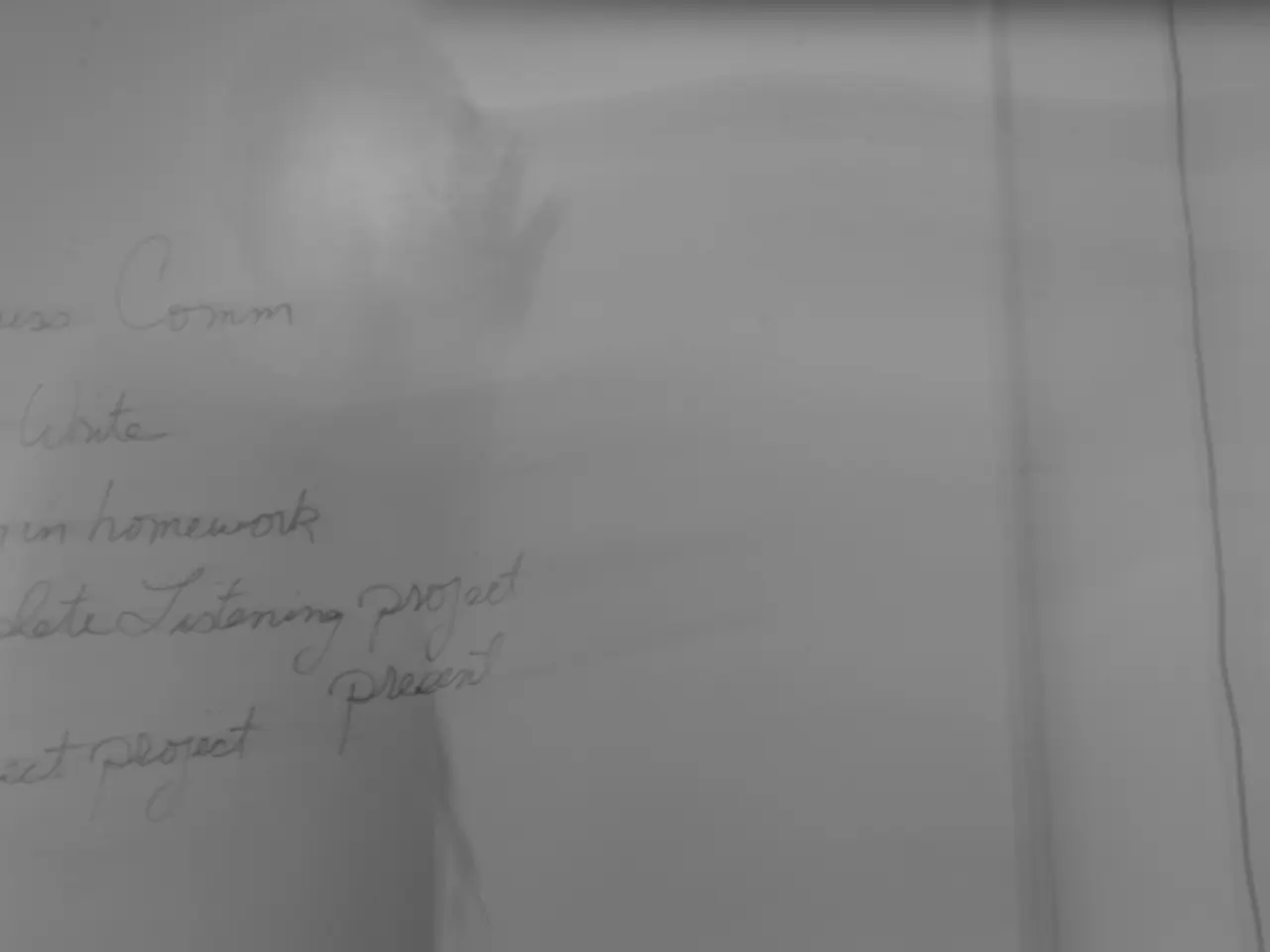Trust in authoritative voices is deeply ingrained in human nature, persisting even when those voices exhibit errors.
In the complex world we live in, where danger lurks around every corner, our tendency to blindly trust a confident leader and quickly follow their advice can be a useful survival trait [1]. However, this tendency can also lead to systematic errors in judgment and decision-making, particularly when confidence is mistaken for competence or accuracy [3][4].
Big celebrities, surrounded by networks of people dedicated to serving them, can develop massive egos and confidently state the most ridiculous things [2]. Yet, it's important to remember that humans have long been able to deceive, and it's possible for certain people to feign confidence convincingly, even if they're conveying the most meaningless guff.
The 'Confidence Heuristic' states that confidently expressed arguments are perceived as conveying better information, which determines the decision [5]. This heuristic works by causing people to rely heavily on how confidently information or opinions are presented, rather than on the actual validity or evidence behind them [4]. While confidence can be a useful cue when one cannot verify facts directly, it is often exploited by those who are confident but incorrect, leading to errors like believing false information or following unwise advice [1][3][4].
For example, overconfidence in fact-checking ability has been shown to not correlate with better evaluation of information accuracy, highlighting how misplaced trust in confidence may worsen misinformation spread [4].
Mitigating the negative effects of this heuristic involves improving critical thinking and fostering awareness that confidence does not guarantee truth. Encouraging actively open-minded thinking—though results are mixed—along with promoting respect for credible evidence instead of mere confidence, can help reduce reliance on this shortcut [4]. Practically, this can include education on cognitive biases, promoting skepticism of confident assertions without evidence, and emphasizing fact-based evaluation over confidence cues in decision-making situations [1][4].
It's worth noting that higher intelligence can lead to imposter syndrome, causing diminished confidence, and success in a field can lead to being surrounded by those who validate one's thoughts and opinions [6]. Conversely, someone with normal intelligence can still be excessively confident due to a privileged upbringing [7].
Humans have social status, and our communities often have leaders, who tend to be confident sorts. If ancient humans heard someone confidently declare "There's a predator coming!", instinctively believing them was a valuable survival trait. However, objectively wrong individuals, who are unshakeably confident, can convince many others that they're right [8].
Providing easy answers for complex modern issues can make them more high-profile, legitimate, and convincing, leading to more support and followers. The saying "A lie is halfway round the world before the truth has got its boots on" is an inaccurate representation of reality [9].
In conclusion, the confidence heuristic is a significant factor leading to undesirable outcomes because it biases people to trust confidence over correctness, and it can be mitigated by cultivating critical thinking skills, skepticism towards confident claims, and valuing credible evidence over appearances [1][3][4].
- Science in the field of psychology has demonstrated that the blind trust in confidence can have detrimental effects on health-and-wellness and mental-health, as it often leads to errors in judgment and decision-making.
- Evolutionarily, the tendency to trust confident leaders was a valuable survival trait, but in today's society, this heuristic can manifest in situations where confidence is mistaken for competence, potentially leading to a wrong belief or unwise advice.
- In the realm of health-and-wellness, understanding the 'Confidence Heuristic' and its potential impact on our judgement can help individuals make more informed decisions, basing their choices on credible evidence rather than just confidence cues.




